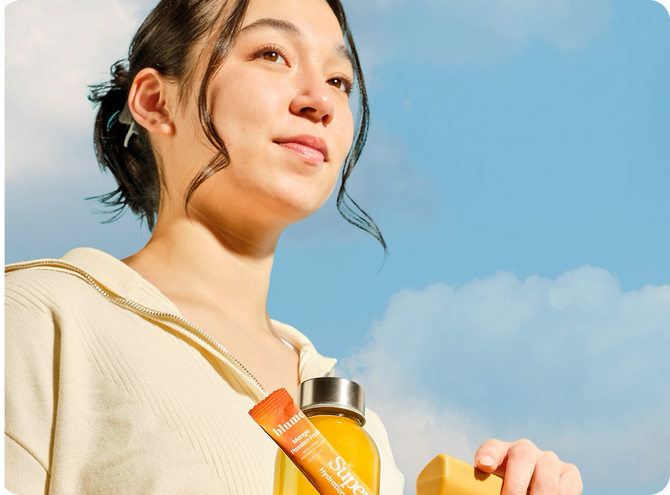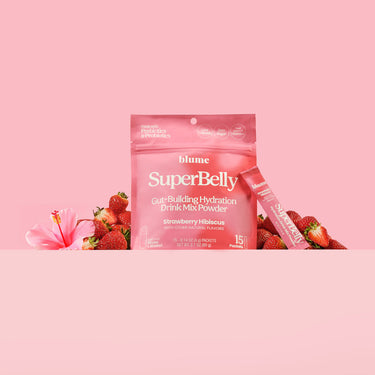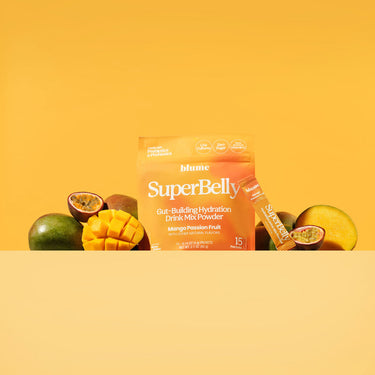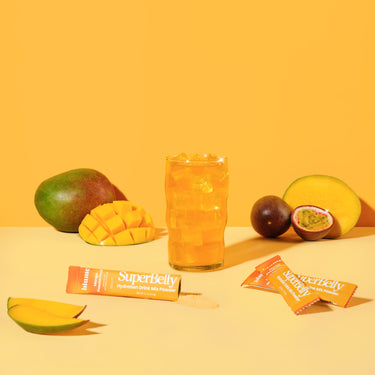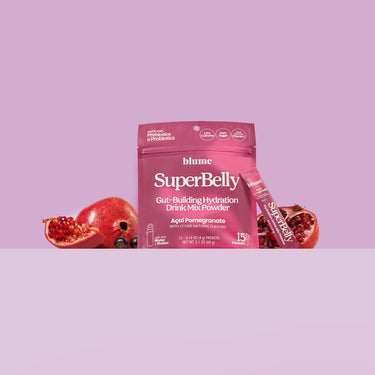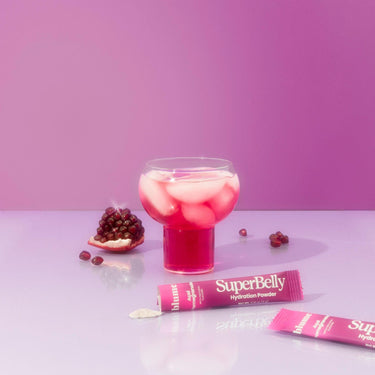What is Proposition 65?
The State of California has a labeling law called Proposition 65, that was approved in 1986. It is officially named Safe Drinking Water and Toxic Enforcement Act of 1986. Proposition 65 requires businesses to provide a warning to California residents about exposure to chemicals that may cause birth defects, reproductive harm or cancer. By providing this information, it allows Californians to make informed decisions about their exposure to certain chemicals.
What chemicals are included in Proposition 65?
The list includes over 900 chemicals, and it is updated on an annual basis. The list includes any chemical that has been shown to have toxic effects on reproductive health or carcinogenic behavior. Many chemicals are naturally occuring in nature, and therefore make their way into our plants and food supply.
How does Proposition 65 compare to the FDA limits?
The Prop 65 law requires warnings that are significantly lower than the FDA maximum daily intake. For example, the FDA maximum daily intake for lead is 12.5μg, whereas the Prop 65 maximum daily intake is 0.5μg.
Note: The symbol μg is a microgram. It is a unit of mass equal to one millionth (1×10−6) of a gram.

What is the Prop 65 warning on Blume latte blends?
The warning on Blume latte blends required by the State of California reads:
⚠ WARNING: This product can expose you to chemicals including Lead and Mercury, which are known to the State of California to cause birth defects or other reproductive harm. For more information go to www.P65Warnings.ca.gov.
Why is this warning on Blume latte blends?
At Blume, we ensure all our products are compliant with regulations that are applied to the country at which the product is sold and purchased. Therefore, we are fully compliant with the California Proposition 65 warning requirements. We always strive to deliver products of high quality that are safe for our customers.
Many plant materials have naturally occuring lead and mercury, since these chemicals are commonly found in the environment like the air, soil and water. Proposition 65 does not have different labeling requirements between naturally occurring chemicals or chemicals added to food products from pesticides or food processing practices.
Should I be concerned?
It is always important to read packaging, and packaging warnings to educate yourself, especially products with ingredients that are new to you. However, Prop 65 standards for warnings are much lower than the FDA limit. A Prop 65 warning does not automatically indicate a product is unsafe.
Why don’t I see this warning on all products?
It is up to the business to provide the Prop 65 warning on labels. If the business does not see the warning label to be fit for their products, then they may be at risk of a Prop 65 lawsuit. There is also an exemption from the Prop 65 warning if the company has less than 10 employees or if it is a government agency. Legally, a business doesn’t need to provide a Prop 65 warning if the exposure level of a product is lower than the Prop 65 maximum daily intake level.
Why am I seeing this warning label on products if I’m not in California?
While the warning is only required in California, some brands will have the warning on products shipped and sold in other states, either surrounding California states, or even decide to add it to all US product packaging. This could be for a number of different reasons:
- It is difficult for a business to manage where all packages are being shipped off to. A product could be shipped to a warehouse in Nevada, and sold to California. As a small business like Blume, we don’t have the resources to track where each shipment is being stored, and shipped out to.
- It can cost a business a lot of money if they are missing a warning. If a product sold in California is missing the Prop 65 warning, the business could receive up to $2,500 fine per violation per day. For context, in 2019, there were 1,000 notices of violation, 909 settlements, and $29.7 million paid by businesses to resolve claims. Therefore, since it’s difficult to track what state a product is shipped to, there is a risk associated with selling a product to the US without the Prop 65 warning.
For information about chemicals listed under Proposition 65, visit: www.P65Warnings.ca.gov/food
Sources:
-
Anderson, G.L., Garnick, L., Fung, M.S. et al. A pilot study to assess lead exposure from routine consumption of coffee and tea from ceramic mugs: comparison to California Safe Harbor Levels. FoodContamination 4, 4 (2017). https://doi.org/10.1186/s40550-017-0049-7
-
https://foodsafetyandrisk.biomedcentral.com/articles/10.1186/s40550-017-0049-7#citeas


